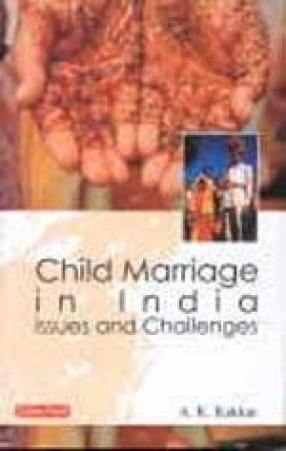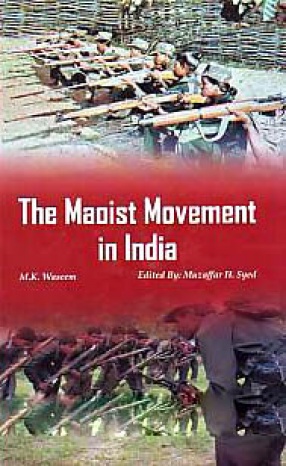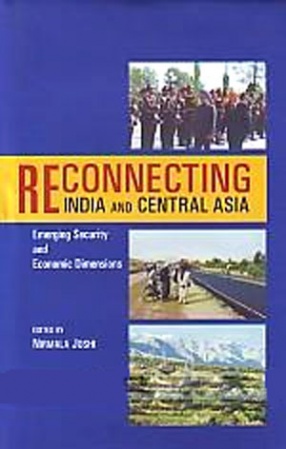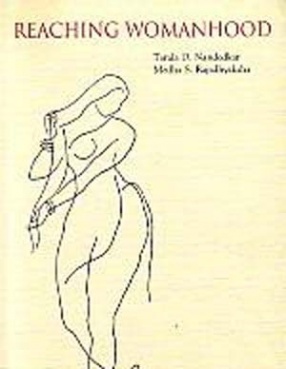Along with the freedom struggle which was for the realisation of the human rights of the people of India to live in freedom and dignity, a process of social reform was also underway to bring women and disadvantaged sections of society into the mainstream. Both these processes converged and found expression in the Indian constitution which came into effect in 1950, less than three year after gaining independence. The forward looking constitution embodies the very essence. The freedom struggle and is reflective of the ethos of pluralism and tolerance engendered by a multi-religious, multi-cultural, multi-lingual and multi-ethnic society. The commitment to pluralism and tolerance continues and informs all aspects of the Indian constitution. The Indian Constitution is one of the longest in the world and drew inspiration not only from the richness of our experience of assimilating many religions and cultures over the millennia, but also the leading democratic constitution of the modern world and from the fledgling United Nations.
Maoist Movement in India
$95.40
$106.00





There are no reviews yet.